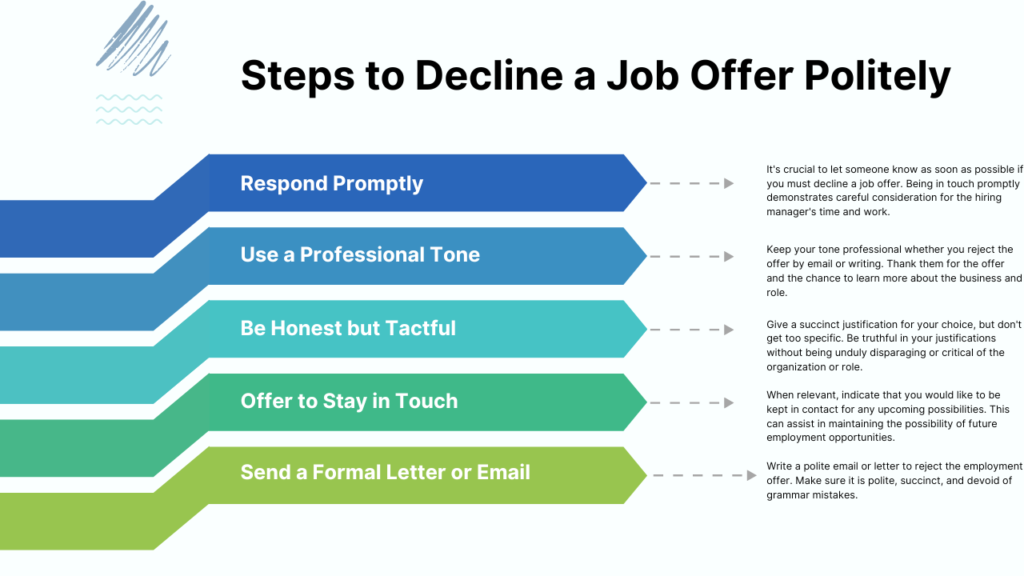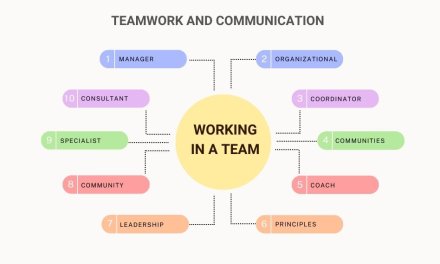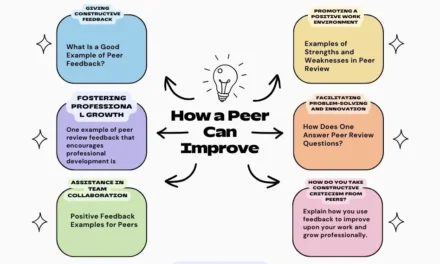Although getting a job offer can be thrilling, you might not be the best fit for the role at times. Future prospects and the preservation of professional connections depend on your ability to decline a job offer with grace. Everything you need to know to professionally and politely decline a job offer will be covered in this book.
Table of Contents

Why You Might Decline a Job Offer
There are a number of reasons you could choose not to accept a job offer and a better way to deal with how to politely decline a job offer. Typical causes include the following:
- The job is not a good fit: The role or corporate culture may not match your values or professional aspirations, making the job an unsuitable fit.
- Better offer elsewhere: It’s possible that you were presented with a more alluring offer by a different business or expected future opportunities.
- Personal reasons: It might not be feasible to accept the offer due to family, health, or relocation concerns.
- After giving it some thought: You might have accepted the offer at first but afterwards come to the conclusion that it wasn’t the right choice for you.
Being aware of your motivations will enable you to politely and properly explain your choice.
Steps to Decline a Job Offer Politely

1. Respond Promptly
It’s crucial to let someone know as soon as possible if you must decline a job offer. Being in touch promptly demonstrates careful consideration for the hiring manager’s time and work.
2. Use a Professional Tone to answer How Do I Politely Decline a Job Offer
Keep your tone professional whether you reject the offer by email or writing. Thank them for the offer and the chance to learn more about the business and role.
3. Be Honest but Tactful
Give a succinct justification for your choice, but don’t get too specific. Be truthful in your justifications without being unduly disparaging or critical of the organization or role.
4. Express Gratitude
Remind the interview team and hiring manager to always express gratitude for their time and efforts. Expressing gratitude contributes to making a good impression.
5. Offer to Stay in Touch
When relevant, indicate that you would like to be kept in contact for any upcoming possibilities. This can assist in maintaining the possibility of future employment opportunities.
6. Send a Formal Letter or Email
Write a polite email or letter to reject the employment offer. Make sure it is polite, succinct, and devoid of grammar mistakes.
Sample Email Politely Decline a Job Offer
Here’s an example of how to structure your email when declining a job offer:
Subject: Declining Job Offer for [Job Title Position]
Dear [Hiring Manager’s Name],
I hope this email finds you well.
I sincerely appreciate your offering to me at [Company Name] for the [Job Title Position]. I loved learning more about your company and am very grateful for the time and effort you and your team put into the hiring process.
I’ve made the decision to turn down the job offer after giving it some thought. I had to make the difficult decision to remain in my current role because it currently better fits my career ambitions.
Sincerely appreciative of the chance, I want to keep in contact with [Company Name] in case there are any future prospects. I’m hoping for more success for you and your group.
Thank you once again for your understanding.
Best regards,
[Your Name]
Common FAQs About Declining Job Offers
How can I turn down a job offer that I’ve already agreed to?
It can be difficult to decline a job offer after accepting it, but you should let the offer holder know as soon as you’ve made your choice. Make direct contact with the recruiting manager, be honest about your circumstances, and express your regret for any trouble.
2. Is it bad to decline a job offer?
If you decide to decline a job offer professionally and with respect, it’s not a terrible thing. Declining is preferable to accepting a position that isn’t a suitable fit for you.
3. Is it possible for me to hold out hope for more opportunities?
You certainly can. Suggest that you would like to keep in contact and request to be considered for upcoming roles that might better fit your professional objectives.
4. Should I provide a reason for declining a job offer?
Giving a succinct and truthful explanation is not required, but it can help you keep a good rapport with the business.
Tips for Declining a Job Offer Gracefully
Use Positive Language
Pay attention to the good things that came out of your engagement with the organization. Emphasize the aspects of the interview process that you found enjoyable and thank them for the opportunity.
Avoid Burning Bridges
Keeping your composure guarantees that you avoid destroying relationships. One never knows when they might run into the hiring manager or other representatives of the organization later on.
Be Concise
Make sure your message is succinct and direct. You don’t have to explain in great detail why you’re turning down the offer.
Stay Professional
No matter why you are doing anything, always communicate professionally. By doing this, you’ll make a positive impression and maintain your options for later.
Consider a Phone Call
Consider calling the hiring manager to decline the offer if you have a good rapport with them. By being personally involved, you may show them how much you value their time and work.
Conclusion
Maintaining business links and keeping the door open for future prospects require the ability to decline a job offer with grace. You can politely and graciously turn down a job offer by answering on time, keeping your demeanor professional, being truthful yet diplomatic, and expressing your gratitude. It’s important to maintain professionalism, succinctness, and positivity in all of your communications.
Rejecting a job offer doesn’t always have to be a bad thing. By taking the appropriate approach, you can make sure that you make a good impression that will last, which may eventually help your career goals.










